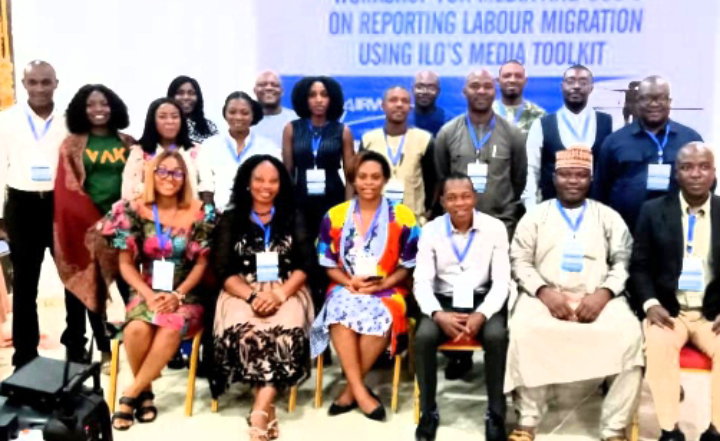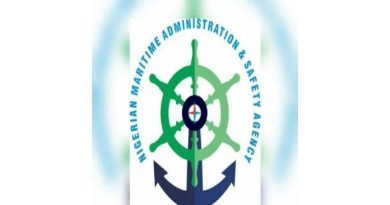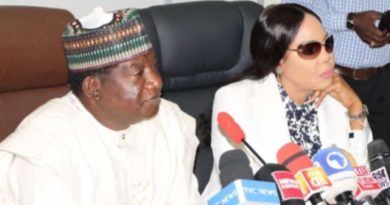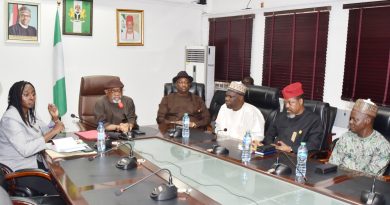ILO Trains Media, CSOs Academia, Others on Labour Migration
Oru Leonard
The Abuja Office of the International Labour Organization (ILO), organised a two-day National Consultation and Training Workshop on ILO’s Adapted Media Toolkit for Reporting Forced Labour and Fair Recruitment in Nigeria recently.
ILO within the framework of the FAIRWAY Programme which was supported by the Swiss Development Cooperation (SDC), seeks to contribute to improve labour migration conditions, especially from Africa to the Arab States.
As an inter-regional initiative, the project interactive sections enhanced the capacities of stakeholders in the media, Civil Societies, unions and the academia to prootect the rights of all migrant workers especially women and other vulnerable groups along the labour migration cycle with specific focus of the labour migration corridor between Africa and the Arab States.
The project was able to build capacity and strengthen expertise which will enable migrant workers contribute to sustainable development in both countries of origin and destinations. In this regard, ILO in collaboration with the media and civil society organizations (CSOs), aside her traditional tripartite social partners to address discriminatory attitudes towards migrant workers facilitating improved access to information and support services through the migration cycle.
The training which was held between 27th and 28th of June, 2022, improved awareness and application of ILO’s Media Toolkit on Forced Labour and Fair Recruitment adapted for use in Nigeria among key relevant stakeholders.
Again, the expertise of stakeholders (including migrant workers and returnees), was strengthened to enable them contribute more effectively to promoting rights of migrant workers especially amid the context of COVID-19.
Recall that in 2020, ILO launched a global Media Toolkit on Forced Labour and Fair Recruitment; identified country
adaptation, and capacity building programme as strategies through which stakeholders can be supported
to report abusive practices that impede on the human and labour rights of migrant workers. The toolkit
provides useful guides to media professionals on how to report accurately and effectively on forced labour and fair recruitment. The media toolkit had been successfully contextualized and certified for use in
Nigeria through a participatory process that involved ILO’s social partners, media practitioners and
selected civil society organizations (CSOs) as well as academicians.
Recalling the normative frameworks of the Media Toolkit2, success of the bespoke training programme delivered across national and subnational levels in Nigeria, and the need to incorporate the contents of
the toolkit into media training courses through partnership with institutions that have the mandate to take
the training of journalists forward, it is imperative to consolidate on non-state engagement particularly.
CSOs, Journalists and Media, trainers were sensitised on in schools of journalism, the department of mass communications in tertiary institutions on the adapted toolkit for use in Nigeria.
30 participants including media, academia, regulatory authorities, returnee migrant workers as well as
CSOs engaged in labour migration advocacy.




